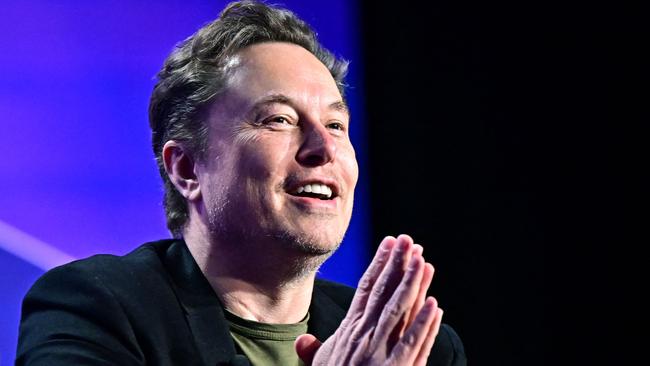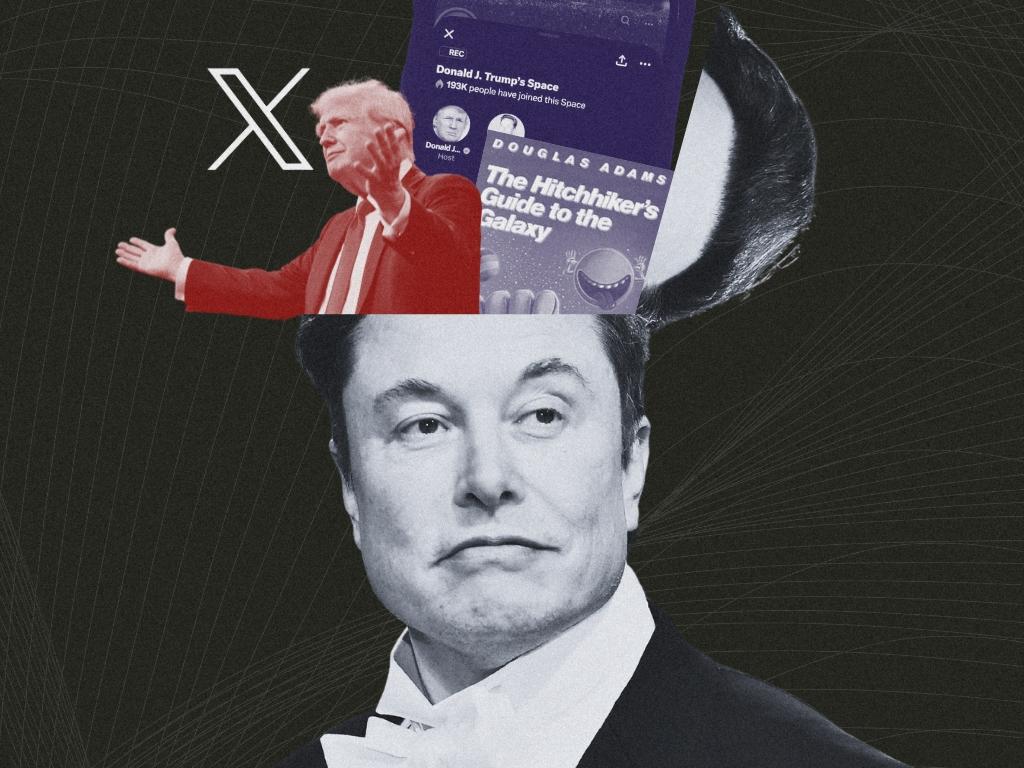
Jean-Pierre, rather than politely instructing the representatives of the fourth estate in the principles of their trade and reminding them that a little thing called the first amendment prohibits the government from curtailing freedom of speech in the United States, concurred with the sentiment behind the question and seemed to suggest that the administration of Joe Biden and Kamala Harris had indeed been pondering general ways in which it could intervene. “I just don’t have any specifics on what we have been doing internally,” she said.
As a vignette of what has happened to the media in the past half century, the episode spoke volumes. This month marks the 50th anniversary of the resignation of Richard Nixon, the only president forced to quit office after The Washington Post’s reporters exposed government wrongdoing at the highest level.
Today, a journalist at that paper appears to plead with the government to find ways to pre-emptively silence voices it doesn’t like.
As a statement on the wider condition of modern democracy it was more chilling still, however. Wootson is not alone in wanting to see the government move to shut down media that promotes views deemed harmful. In the UK, journalists at major media companies along with several Labour MPs have urged the government to shut down or restrict what Musk’s X publishes after the rioting in British cities this month.
Hours before the Musk-Trump chat, Thierry Breton, the European commissioner for the internal market, issued a strongly worded public warning to Musk, suggesting the EU could block X if he and Trump said things he considered “seriously harmful”.
Musk and Trump did their thing in any case and no one was harmed, it seems, except those who may have missed out on some sleep. The EU sought to distance itself from Breton’s impression of the Soviet commissar for public education.
But the very fact senior officials in governments are now openly working with some journalists to close down “misinformation” should alarm us all.
Musk says and posts offensive and self-evidently nonsensical things, from suggesting recently that Britain was heading for civil war to agreeing earlier this year with a post that said Jews are pushing hatred against white people.
But the right to free expression means precisely the right to say offensive and nonsensical things. The very idea of democratic pluralism is that there is no such thing as authorised speech. If we confine people to saying only things we as a society – or a government, even an elected one – determine not to be detrimental to that society, we have ceased to have free expression at all.

It’s ironic that the people who constantly bleat about democracy being in peril are usually the same ones who think the way to save democracy is to silence people they deem a threat to it. This, in another context, was known as burning the village in order to save it. Not only is it pointless – hateful voices calling for violent acts will always find a way to be heard – it is counter-productive. Suppressing them through media controls elevates their fringe status to full-blown martyrdom. There is no surer way to persuade people you’re saying something important than telling them powerful interests are trying to stop you from saying it.
Then there is the challenge of defining “misinformation”. Who decides? Four years ago Twitter censored posts claiming that Covid-19 started in a Chinese laboratory. That’s now widely accepted as a plausible explanation for it. Twitter blocked access to The New York Post days before the 2020 election because the paper had published stories about Hunter Biden’s misdemeanours that Twitter decided had been part of a Russian disinformation campaign. Those stories have all been demonstrated to be true.
What about inciting violence or publishing something that could lead to violence, as Musk is accused of allowing on X? There have always been limits on what can be legitimately expressed, even in wide open societies. The US Supreme Court once captured the idea by saying there was no right to “shout fire in a crowded theatre”.
The metaphor is useful but vague. The principle was later more tightly refined by another court ruling, Brandenburg v Ohio in 1969, which held that the right to express an opinion was so precious to the democratic idea that only speech “directed to inciting or producing imminent lawless action and … likely to incite or produce such action” could be lawfully restrained.
This is a properly high bar. If I urge people to go out and burn down a mosque, that’s evident incitement to violence. If I say mass immigration is irreversibly weakening the culture of the country, it’s a legitimate expression of an opinion you are free to loathe.
The urge to control what people say and even think is a sinister trait of the elites whose authority has been so sharply undermined in the past decade. It reflects a technocratic authoritarianism by which the modern left seeks to guide the ignorant masses to wisdom.
Musk bought Twitter to create a vehicle for pluralism that directly challenges this profoundly undemocratic instinct. We should be thanking him, not silencing him.
The Times







At the daily White House press briefing on Monday, a reporter from The Washington Post asked Karine Jean-Pierre, President Biden’s spokeswoman, about the interview with Donald Trump that Elon Musk was hosting on his X platform that evening. Saying he believed that “misinformation was not just a campaign thing but an America thing”, Cleve Wootson Jr asked: “What role does the White House or the president have in sort of stopping that, or stopping the spread of that, or sort of intervening in that?”